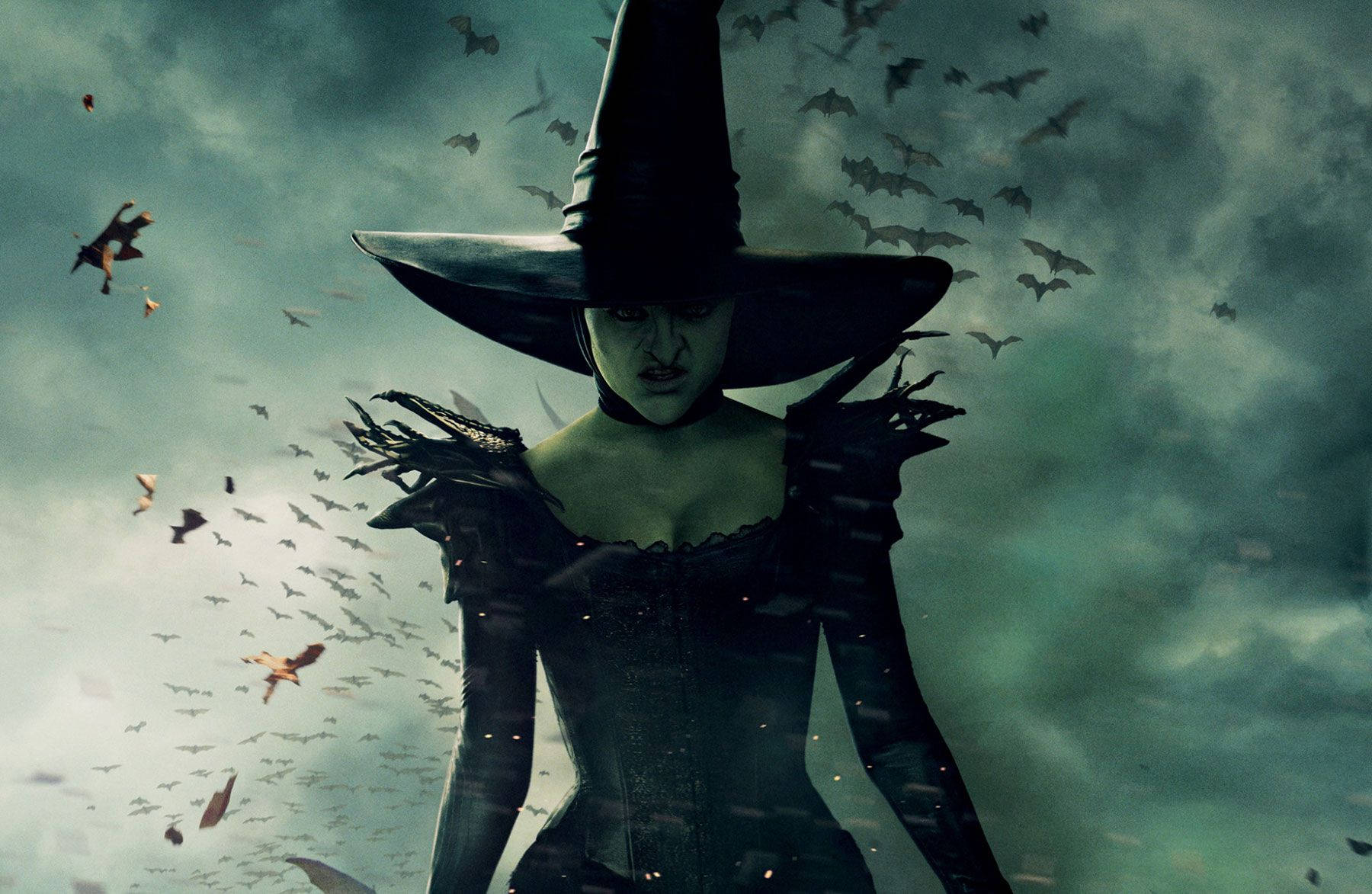
FAQ About Magic in the Middle Ages
Magic in the Middle Ages
2 years ago | gizem
What was the influence of Arabic and Islamic magical traditions on medieval Europe?
The influence of Arabic and Islamic magical traditions on medieval Europe was significant and multifaceted. During the Middle Ages, Europe experienced a cultural exchange with the Islamic world, particularly during the period known as the "Islamic Golden Age" (8th to 14th centuries). This exchange of knowledge and ideas had a profound impact on various aspects of European society, including magic and the occult. Here are some key ways in which Arabic and Islamic magical traditions influenced medieval Europe:
- Transmission of Classical Greek Knowledge: Arabic scholars preserved and translated numerous classical Greek texts, including works by philosophers like Aristotle, Plato, and Galen, many of which contained ideas related to natural philosophy, astrology, and occult sciences. This transmission of knowledge eventually reached Europe and had a lasting impact on European thought.
- The Transmission of Magical Texts: Arabic scholars translated and preserved ancient magical texts from different cultures, including Egypt, Persia, and India. Some of these texts were later translated into Latin and other European languages, contributing to the development of European magical practices.
- Astrology and Astronomy: Arabic scholars made significant advances in the fields of astrology and astronomy. Their work, including the introduction of new astronomical instruments and observations, enriched European understanding of celestial phenomena and influenced European astrological traditions.
- Alchemical Knowledge: Arabic alchemists made important contributions to the study of alchemy, including the development of new laboratory techniques and the synthesis of various substances. European alchemists later adopted and built upon this knowledge.
- Medicine and Pharmacology: Arabic medical texts and knowledge of medicinal herbs and remedies influenced European medicine. Many Arabic medical works were translated into Latin and became important sources of medical knowledge in medieval Europe.
- Magical Instruments and Apparatus: Arabic scholars introduced Europeans to various magical instruments and apparatus, such as astrolabes and celestial globes, which played a role in both magical and scientific practices.
- Occult Sciences and Divination: Arabic occult sciences, including the use of talismans, divinatory practices, and the study of magical correspondences, were incorporated into European magical traditions.
- Cultural Exchange and Interactions: Contact between Islamic scholars and European intellectuals led to the exchange of ideas and knowledge, including the sharing of magical and mystical concepts.
- The Influence of Andalusian Scholarship: The Islamic region of Al-Andalus (Iberian Peninsula) was a major center of learning and scholarship. The knowledge produced in this region, including magical and occult practices, influenced European scholars and practitioners.
- Sufi Mysticism: Sufi mystical practices and teachings, emphasizing spiritual enlightenment and union with the divine, influenced some European mystics and heretical movements.
